What is GD&T? Purpose and Rules
Geometric Dimensioning and Tolerancing (GD&T) is a vital aspect of engineering design and manufacturing, offering methodical approach to defining and communicating admissible limits of variation in a part's geometry. The purpose of GD&T is to
 Sep 06,2024
Sep 06,2024 
11 Ways to Cut Titanium | Cutting Guide 2025
The aerospace, medical and automotives industry all employ titanium, which is light weight and has good corrosion resistance. It also has high strength to weight ratio. Machining of titanium is not a simple task because of its high hardness value and it i
 Jul 24,2024
Jul 24,2024 
Aluminum 6061 T6 vs T651 vs T6511: What is the Difference?
Aluminum alloys are available in many grades and it is not an easy task to differentiate between them. This article provides you with a comparison of two of the most used tempering processes being used for aluminum alloys. These tempered alloys have the s
 Jul 23,2024
Jul 23,2024 
A Method for Calculating the Cost of Turned Parts
Cost of turning parts
Due to the development of science and technology, the machinery for turning parts and components has changed a lot. From the traditional manual ordinary turning machinery (referred to as "ordinary lathes") to a
 Jul 24,2024
Jul 24,2024 
Surgical Steel vs Titanium: Deep into the Properties, Piercings, and Suitability
You surely know that the strongest metal is titanium, and the alloy is steel that we frequently use in our daily lives. Both are superior in their perspective because having excellent chemical and physical properties. But their alloys are totally differen
 Jul 24,2024
Jul 24,2024 
Anodized Titanium: The Definitive Guide
Anodizing is a famous electrochemical technique to develop colours on different metal and alloys. Anodizing of titanium is different than aluminum anodizing as it doesn’t involve any dye. An electrochemical process is implied and colour variation is
 Jul 23,2024
Jul 23,2024 
6061 vs 6082 Aluminum Comparative Guide
Aluminum is a very demanding material in engineering applications because of being strong and lighter in weight. By adding alloying elements in Al alloys and providing heat treatment, its mechanical properties like shear strength and toughness further inc
 Jul 24,2024
Jul 24,2024 
Surface Finish Chart: The Complete Guide
Metal surface finish charts are a reference tool used for assuring quality and precision in surface preparation. In addition to physical properties like strength, ductility or toughness etc. surface provides material an overall appearance. A smooth surfac
 Jul 24,2024
Jul 24,2024 
3Cr13 Steel: The Complete Guide
3Cr13 martensitic stainless steel has intrinsic metallurgical properties. These properties decide the category of the 3Cr13 item. One has to understand the edge retention and corrosion behavior of a knife. Edge retention decides the life and maintenance o
 Jul 24,2024
Jul 24,2024 
How to Clean Oxidized Aluminum: 4 Ways
Cleaning oxidized aluminum and making it stain free The versatility of aluminum metal made it durable and the most commonly used metal for vast applications ranging from household items like kitchen utensils to industrial level products. This special meta
 Jul 24,2024
Jul 24,2024 
What is DC01 Steel? -Properties, Machining, Comparison
Need a steel alloy that meets all the demands of your precision machining product? DC01 steel is the answer. It is a galvanized steel with high strength and durability. There are many other interesting features about this steel that are covered in this ar
 Aug 23,2025
Aug 23,2025 
What is Material Invar? -Properties, Grades, Machining
What is material Invar? What are its properties, grades and how to CNC machine Invar alloy? Here is the right place to learn more about it!
 Aug 19,2025
Aug 19,2025 
PA66 (Nylon 66): Properties, Processing, and Applications
If you are going to learn something about engineering plastic, here you can know more about the PA66, AKA nylon 66.
 Jul 31,2025
Jul 31,2025 
What Is S235JR?-Complete Guide to the Most-Used Steel Grade
Steel is available in more than 1000 different grades, and almost every grade is in use in the form of different shapes, applications, etc. You will explore S235JR grade, one of these 1000+ grades in this article, its applications, which standard specifie
 Jul 25,2025
Jul 25,2025 
SKD11 Tool Steel: Properties, Heat Treatment & Machining Guide
What is SKD11? How to know its standard? And do you know its equivalent materials? Here is a complete guide of SKD11 properties, heat treatment and machining!
 Jul 22,2025
Jul 22,2025 
AMS 4914 Alternative: Practical Metal Substitutes & CNC Machining Strategies
AMS 4914—better known as Ti-15-3-3-3 beta-titanium sheet—delivers sky-high strength in paper-thin gauges. That makes it a darling for aerospace skins, UAV spars, and missile fairings. But let’s be honest: warm-forming headaches, long mil
 Jul 04,2025
Jul 04,2025 
Lighter Metals Guide: Properties, Processing, and Material Selection
This article is going to be very important and interesting for you because it introduces many new metals with impressive properties. With advancements in either equipment or materials, lighter materials have become a priority, especially for the aerospace
 Jun 28,2025
Jun 28,2025 
Least Conductive Metals: A Complete Guide
All metals can conduct electricity to a certain limit. But some metals are highly conductive materials and some are non-conductive. There is a phenomenon behind the conductivity of metals and their other properties. This article will explore all the essen
 Jun 25,2025
Jun 25,2025 
 Tel/WeChat:
Tel/WeChat:  Email:
Email: 
 Home
Home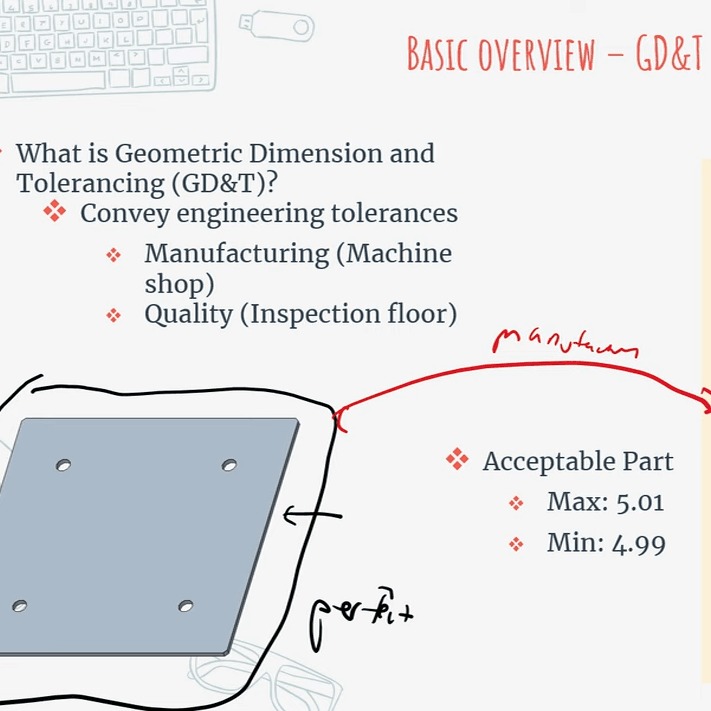
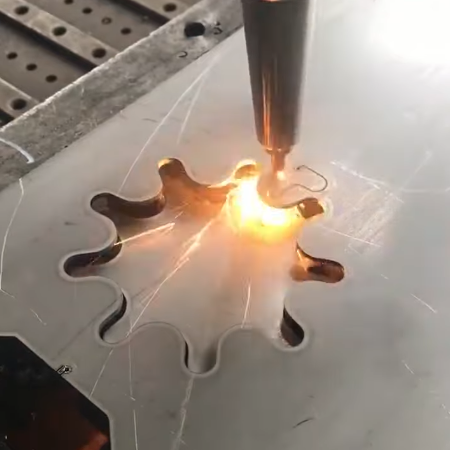
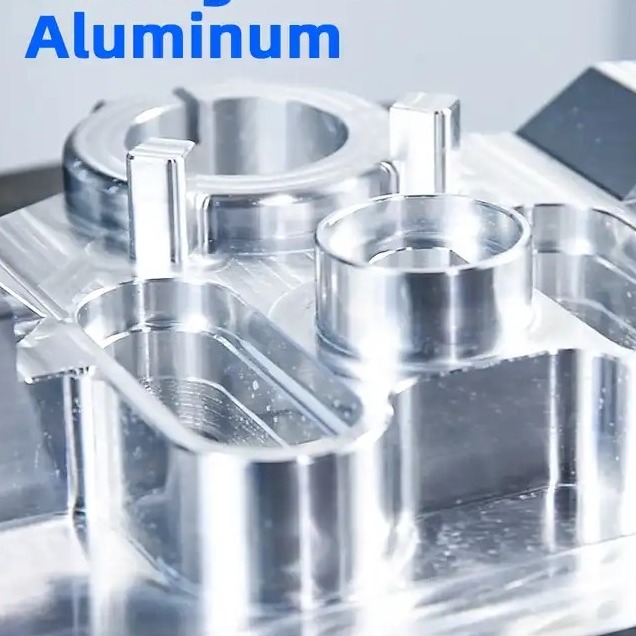
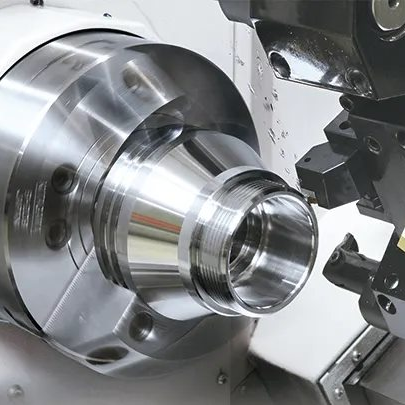
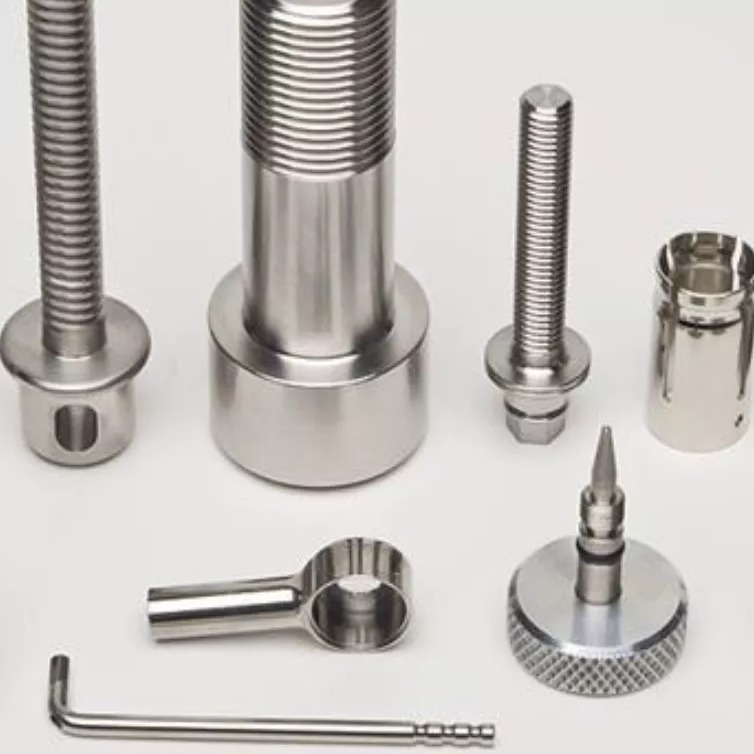

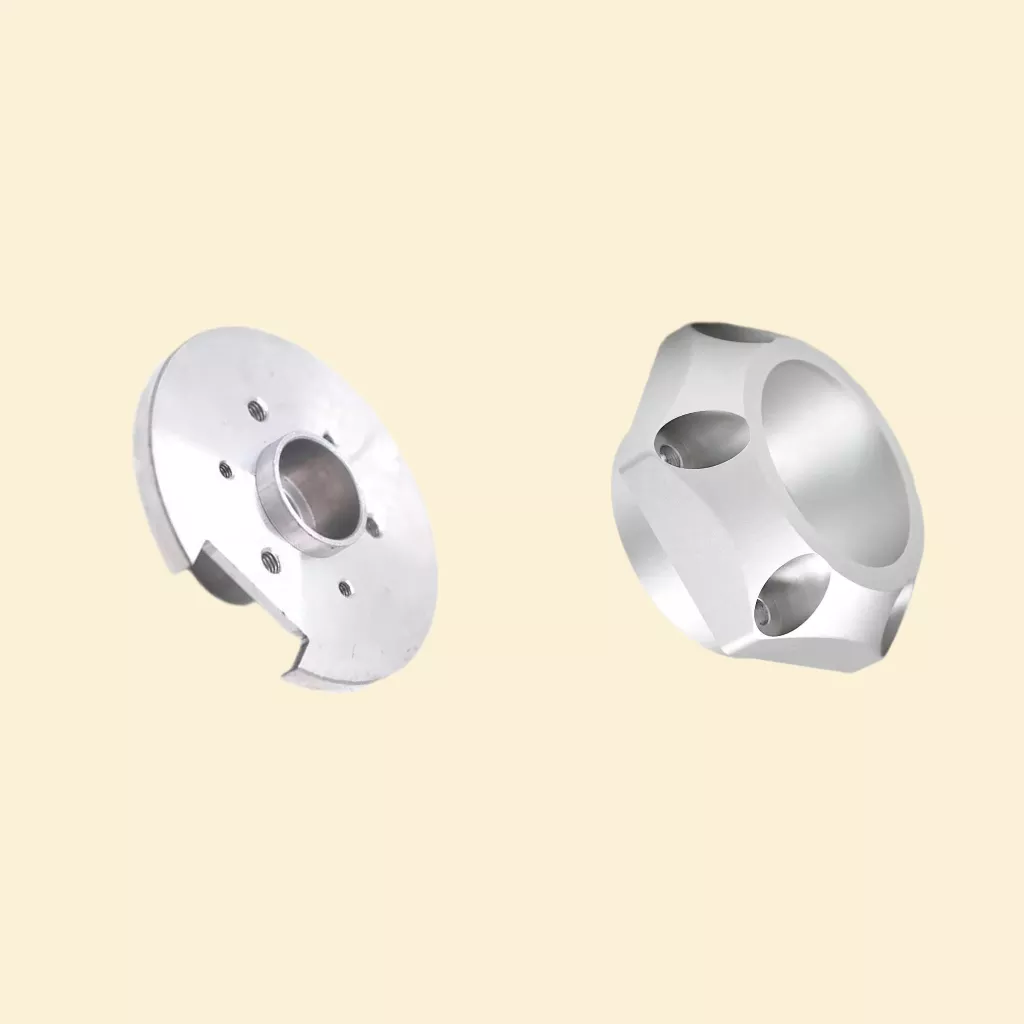
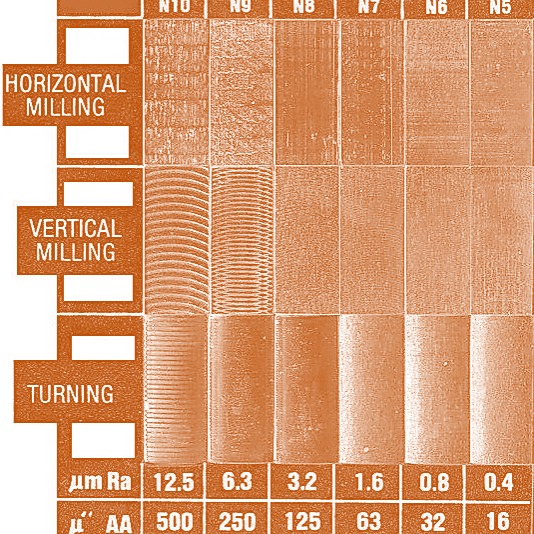
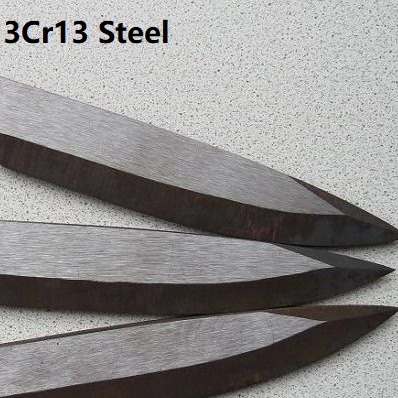
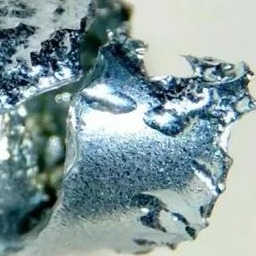
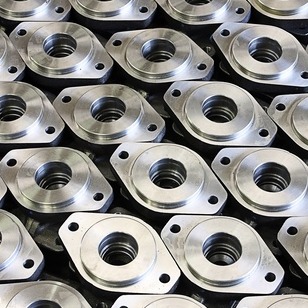
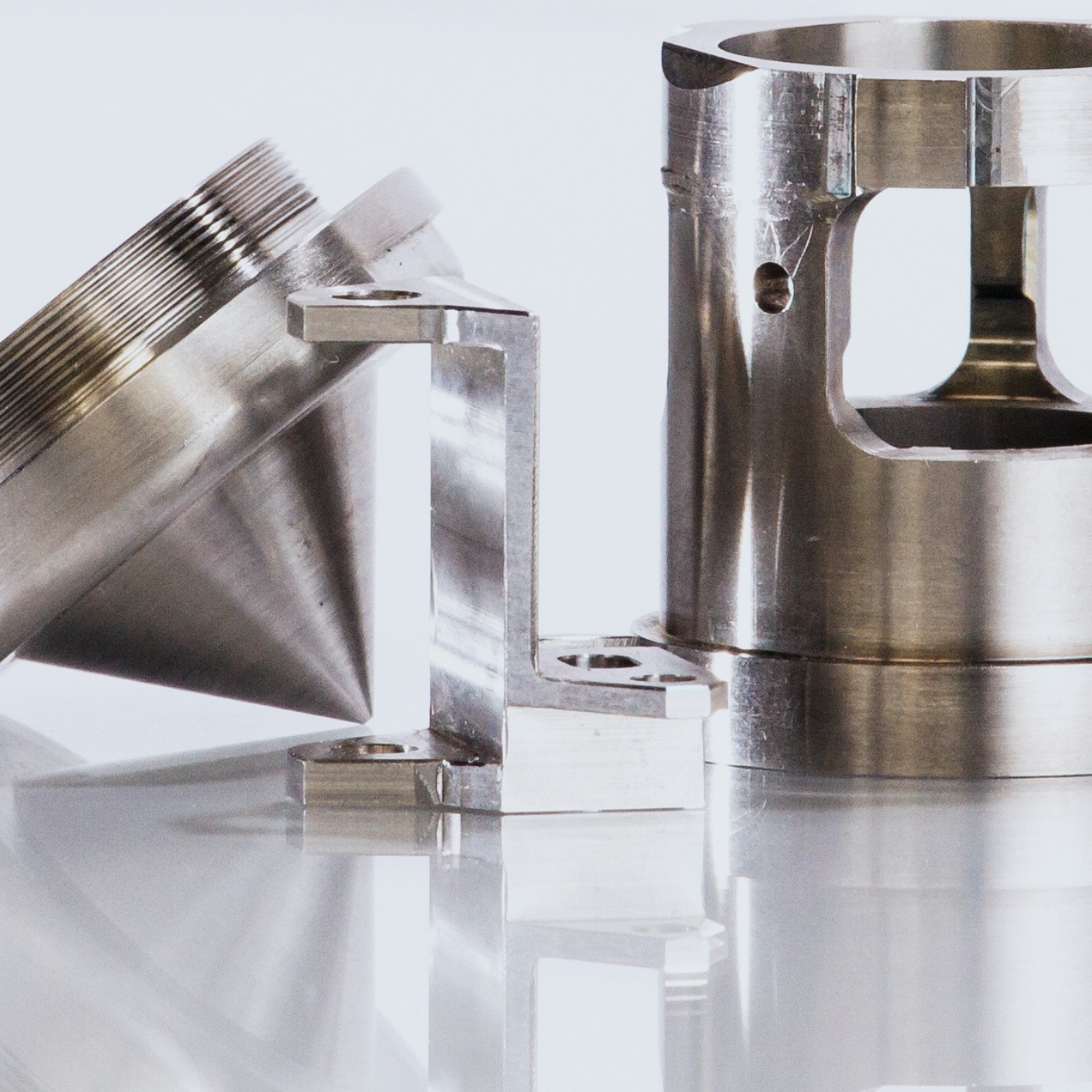

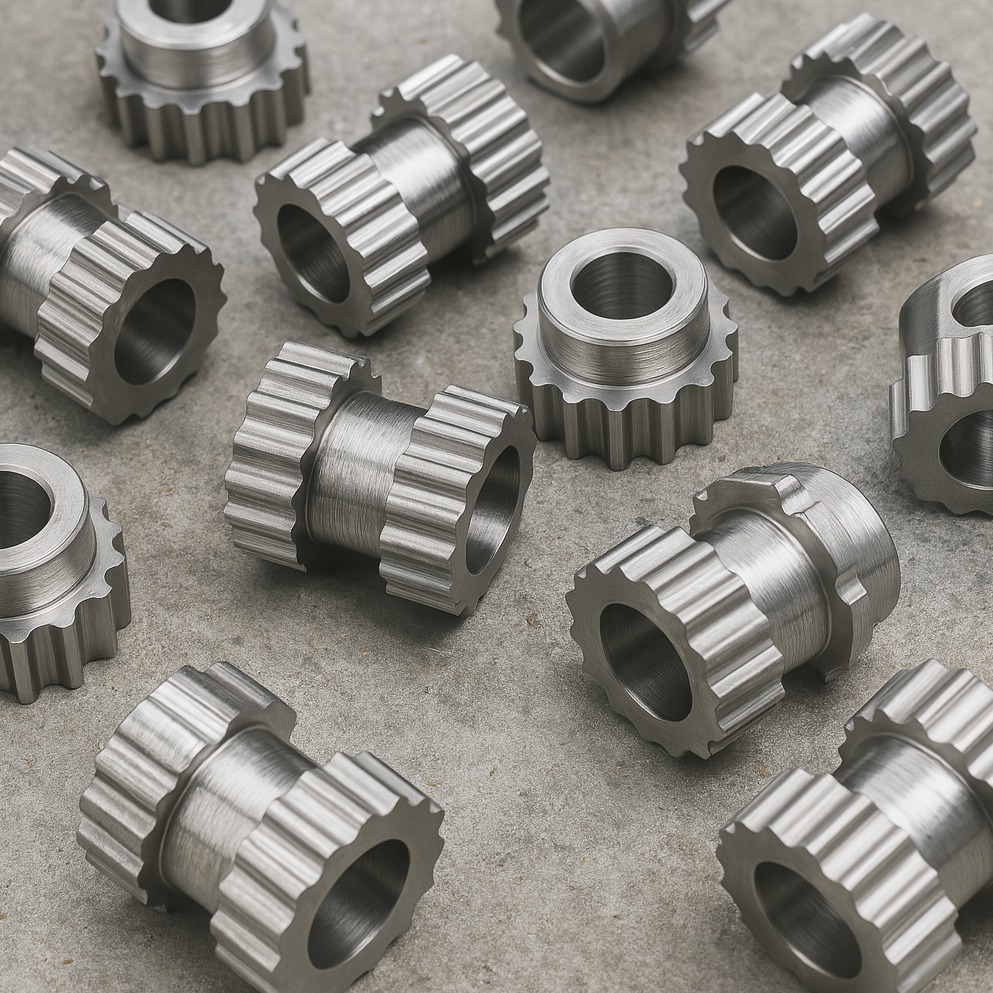
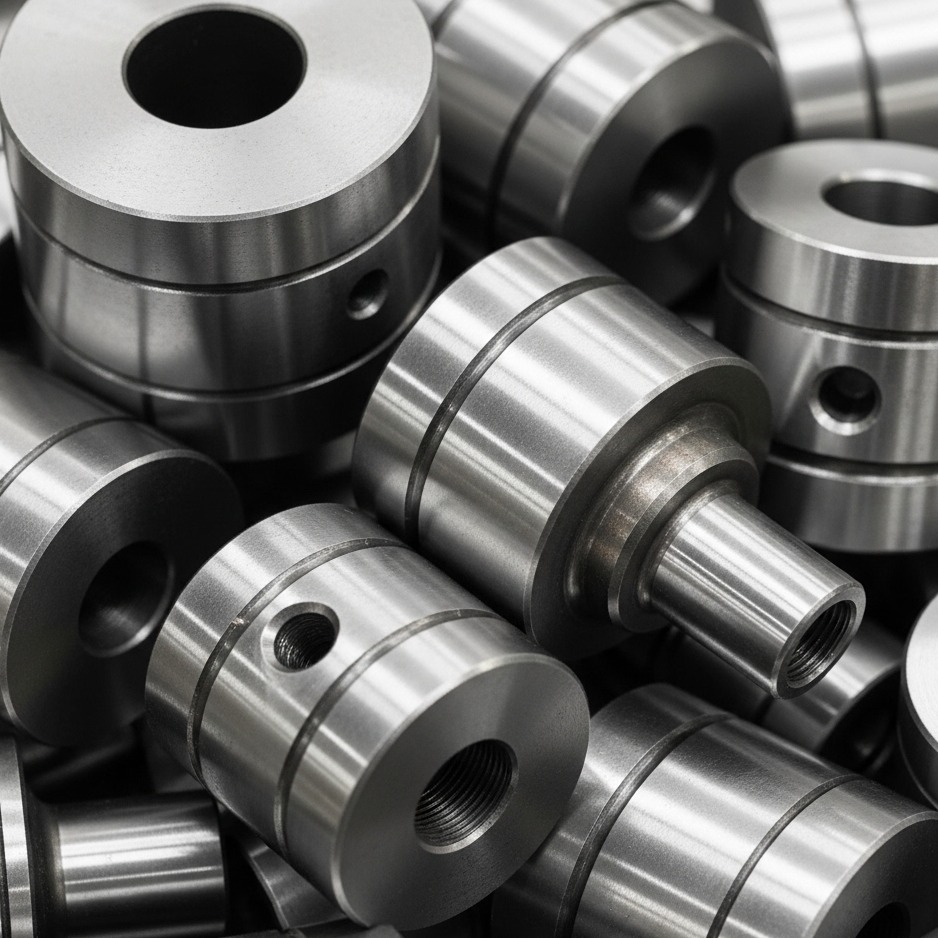
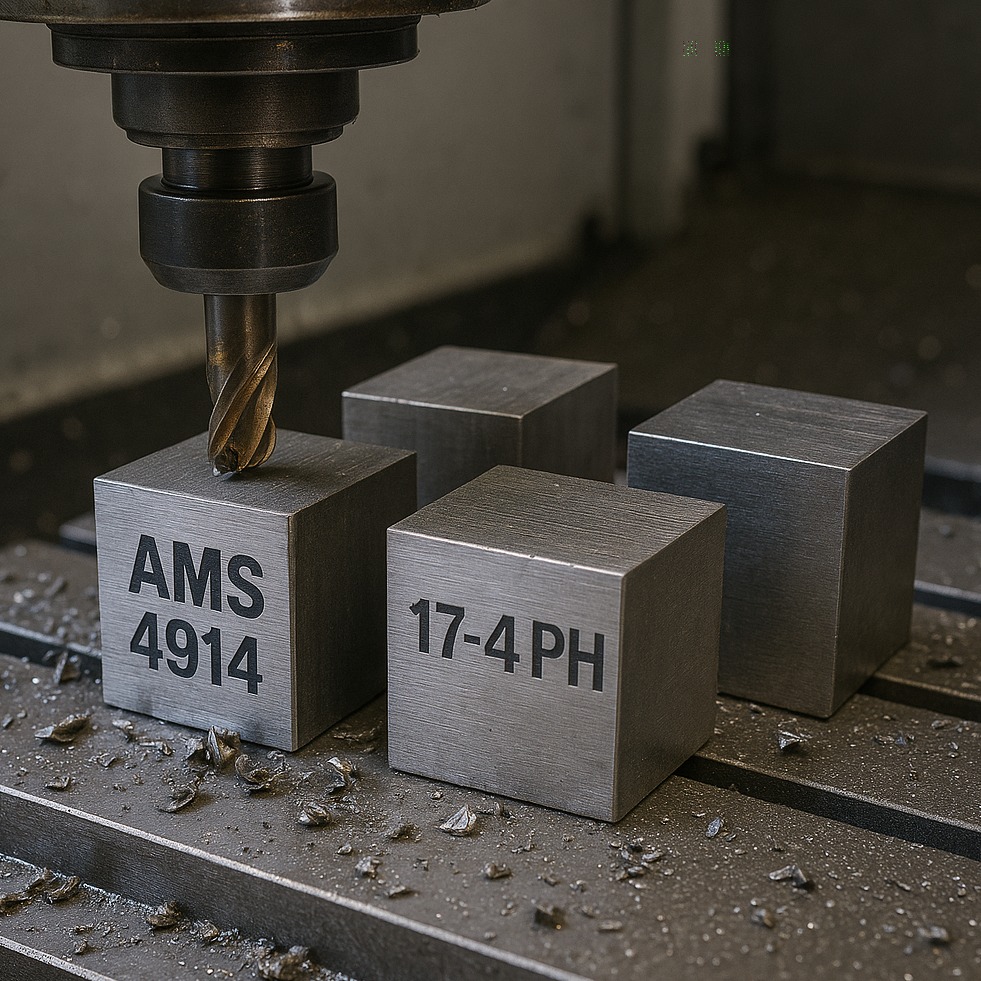
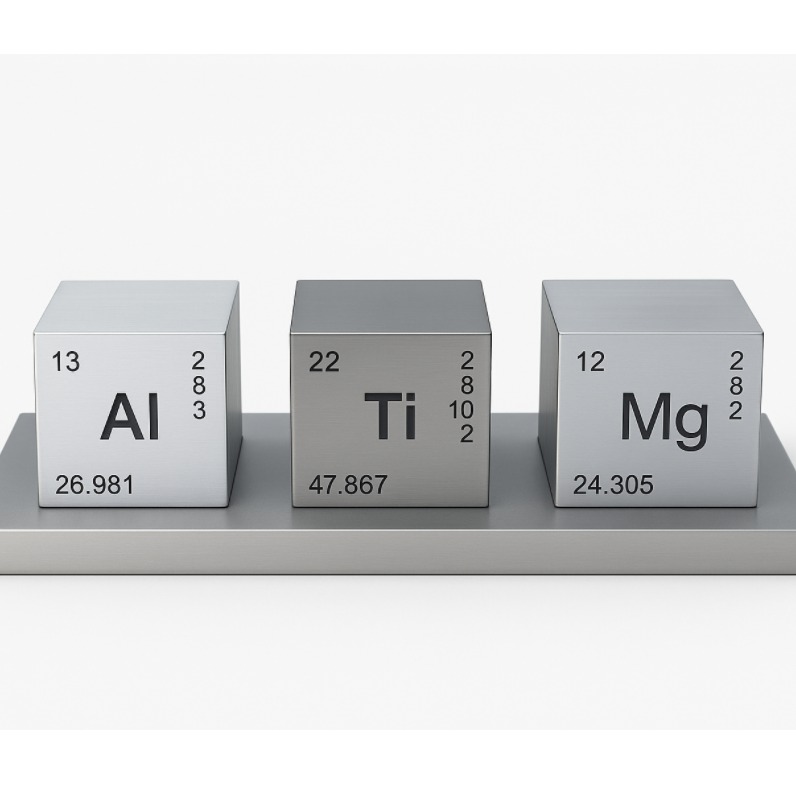
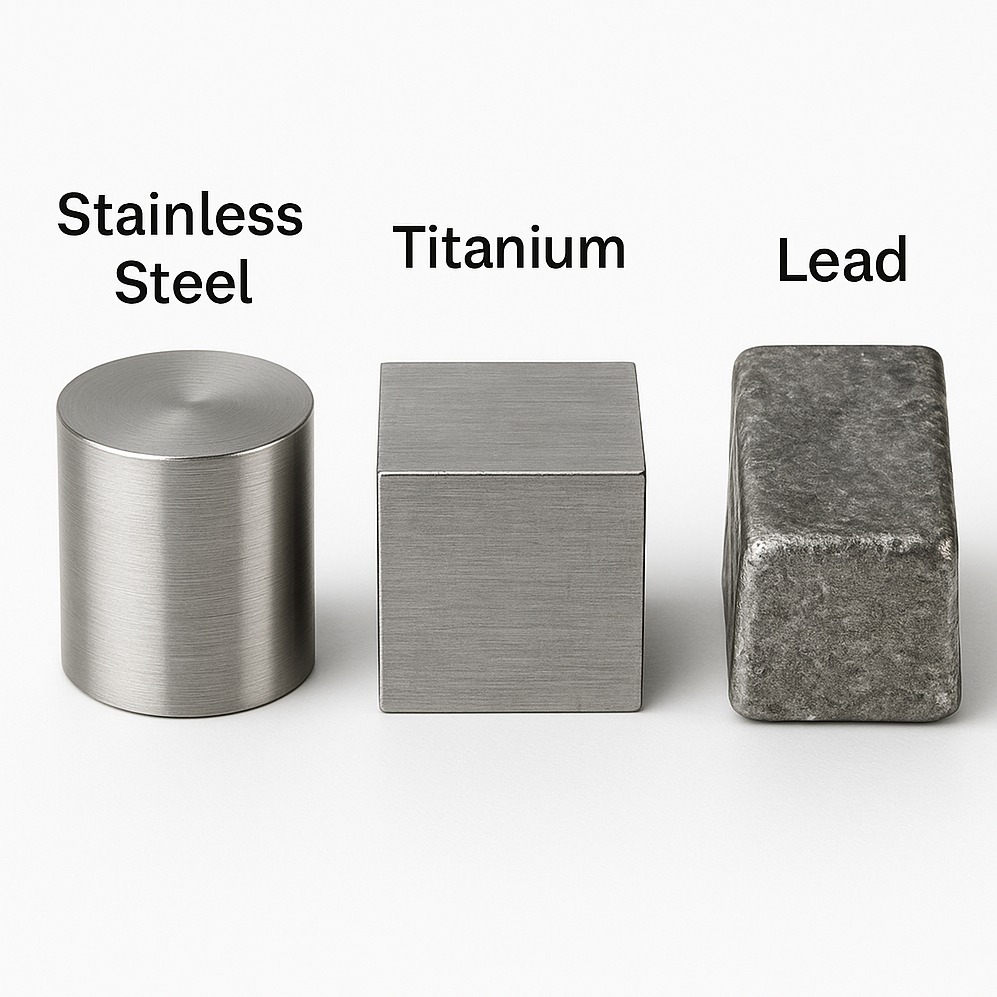

 You May Also Like
You May Also Like
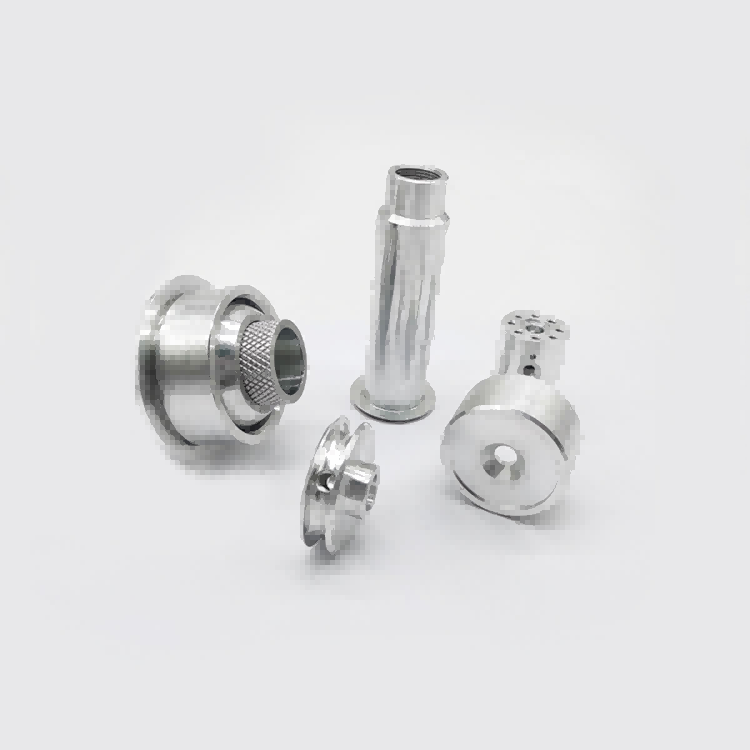

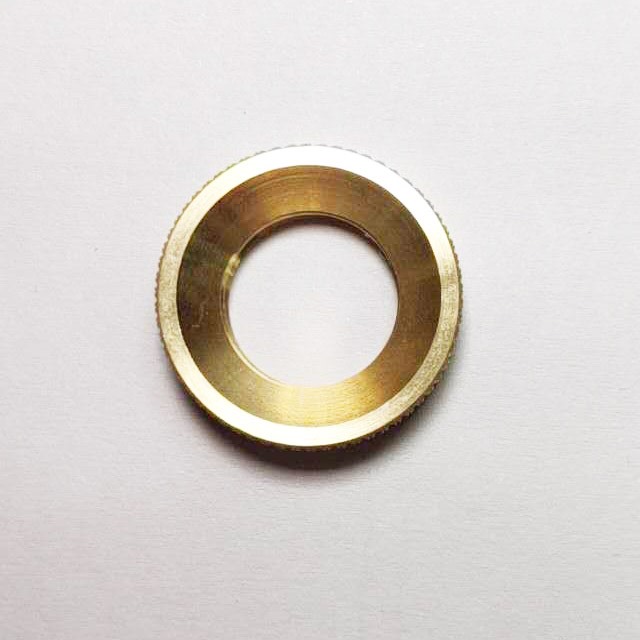
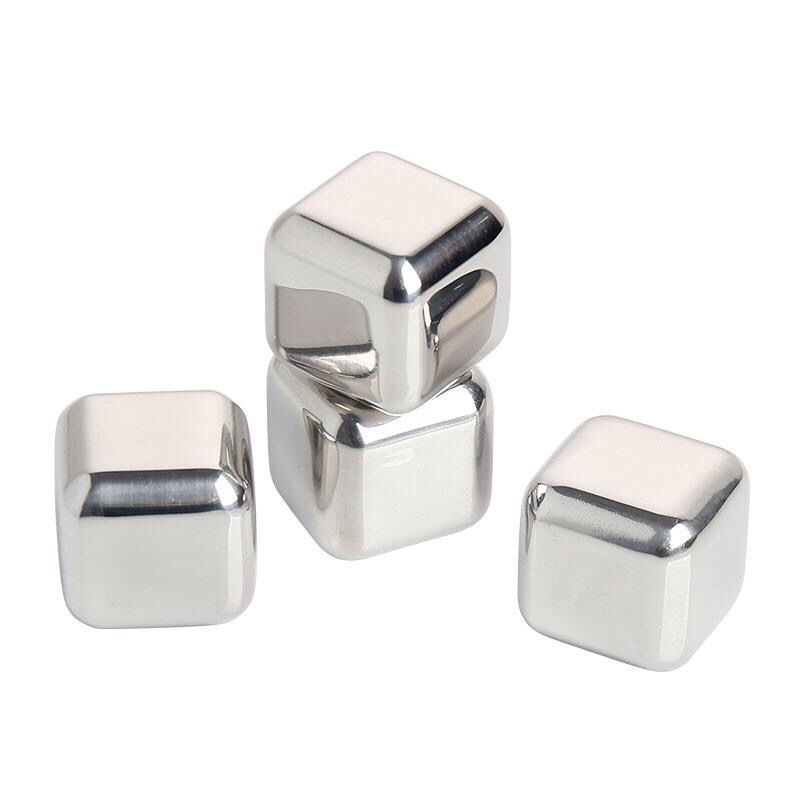
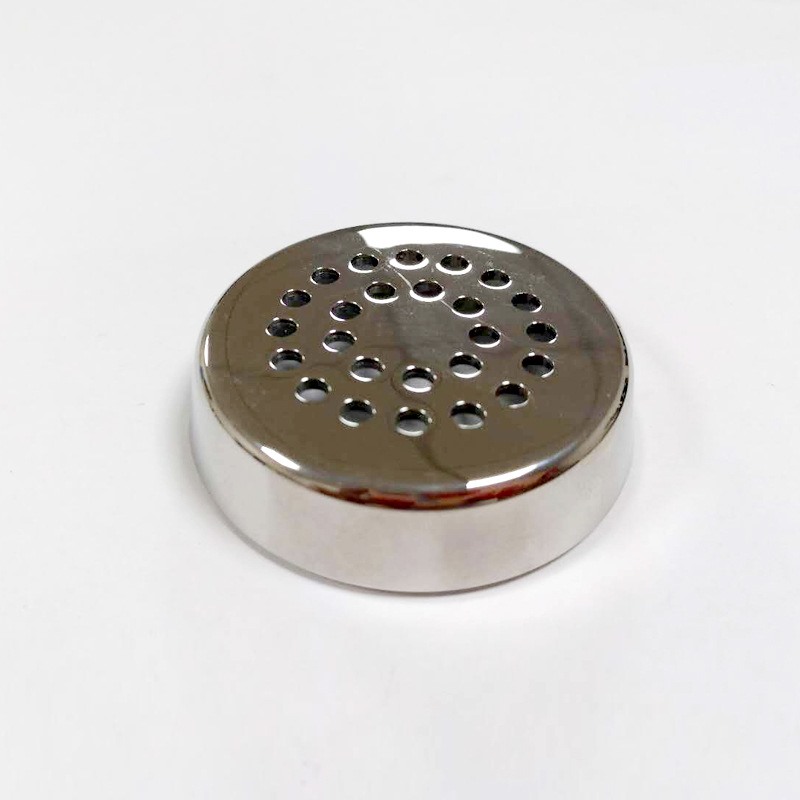
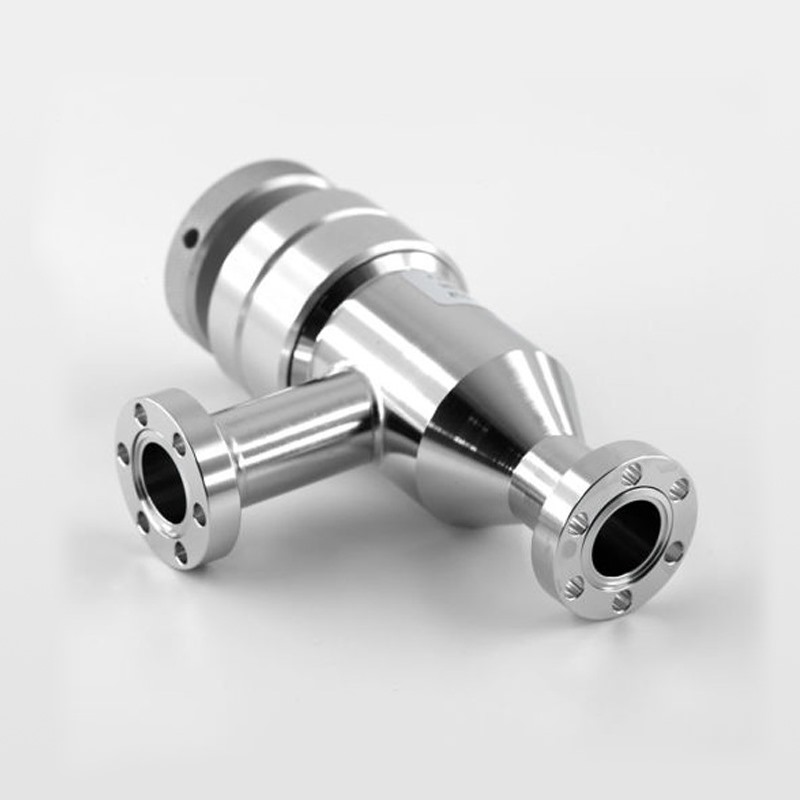
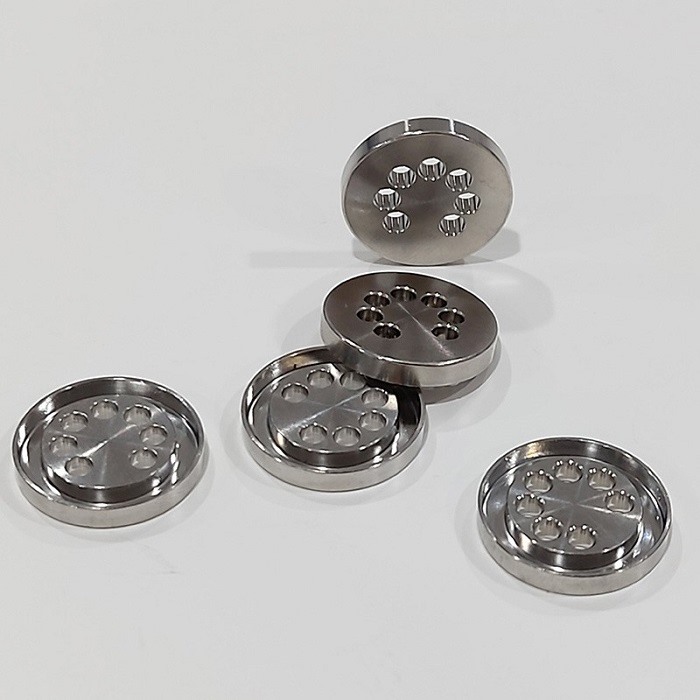
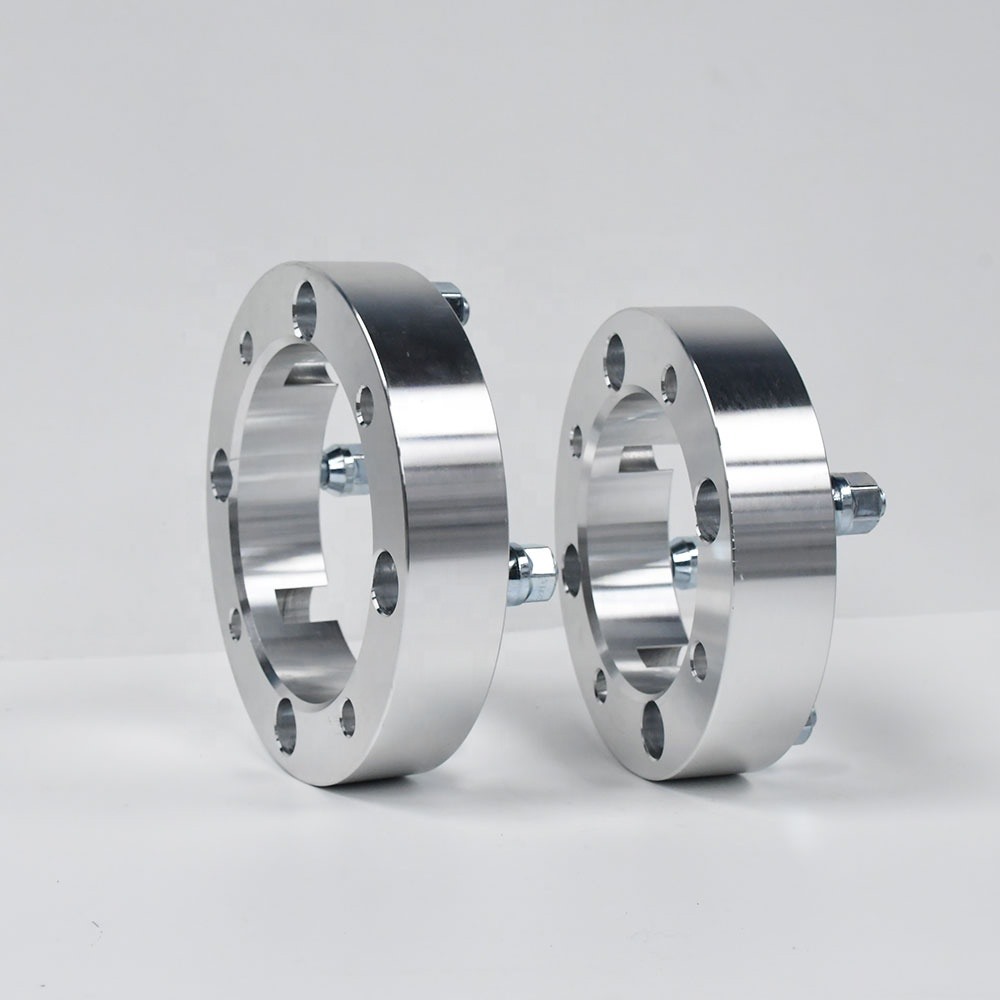
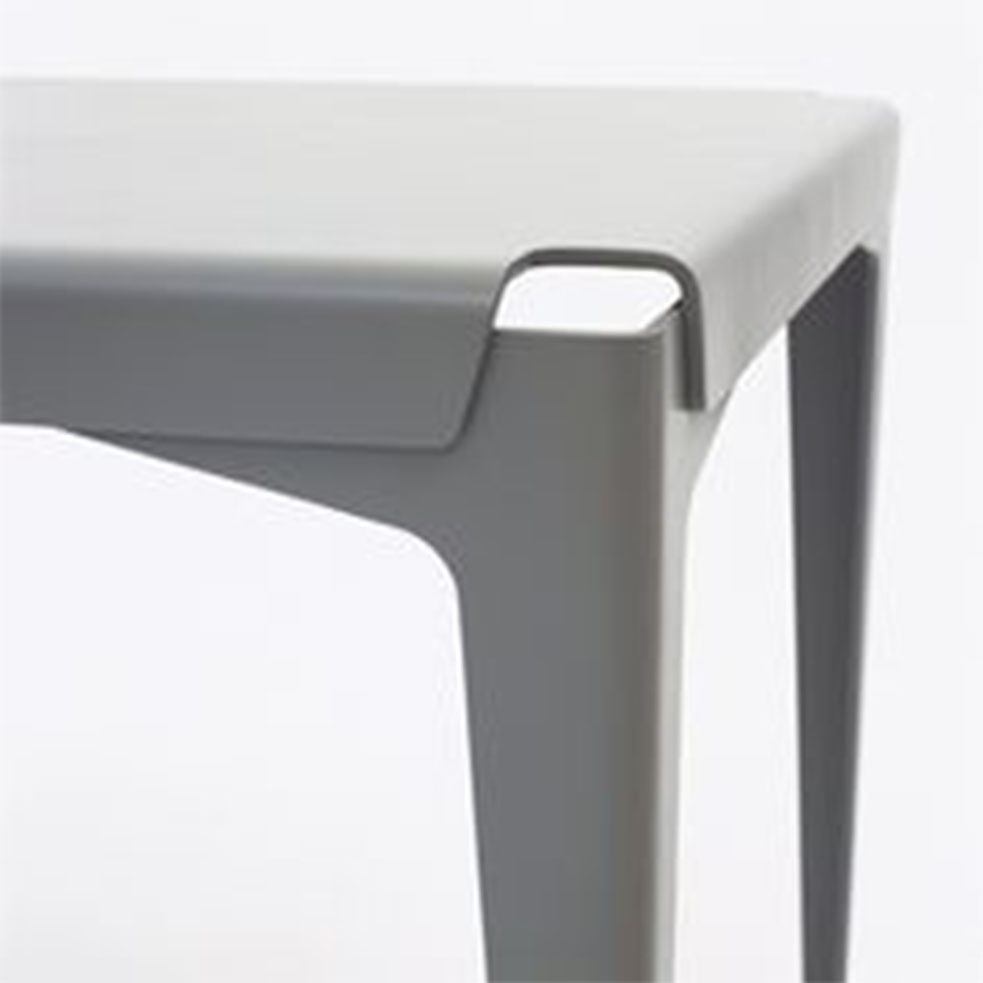

 Tel
Tel
 Email
Email
 Address
Address








